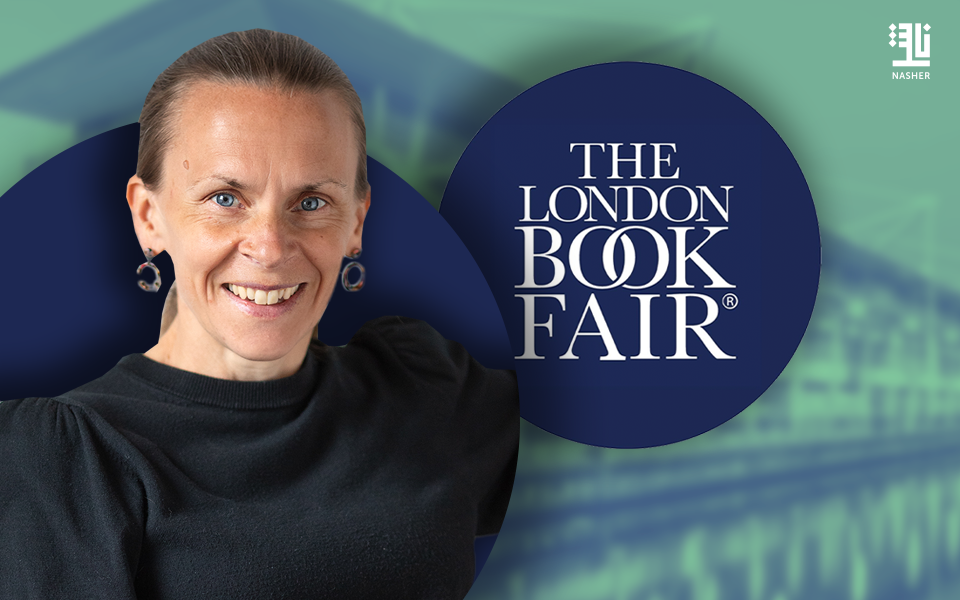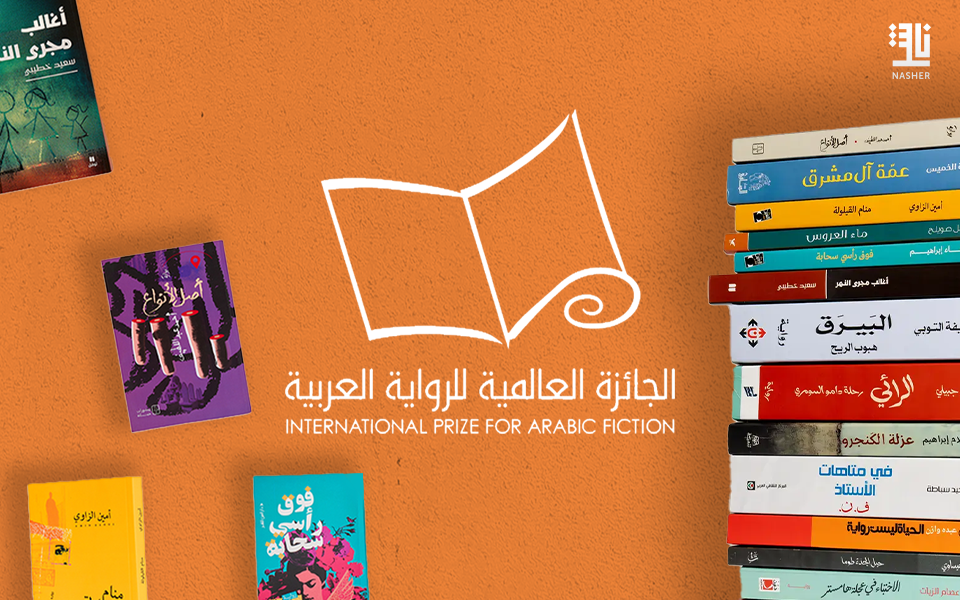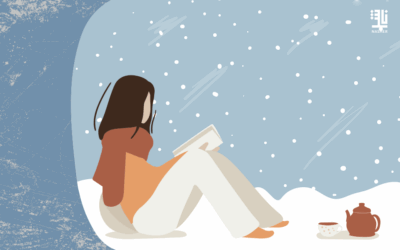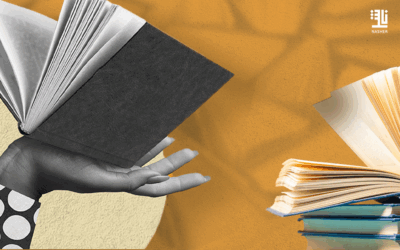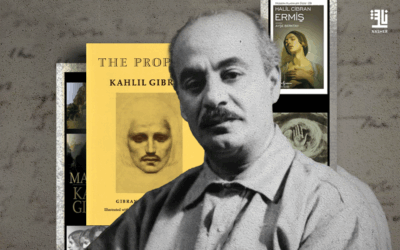“The big challenges of the twenty-first century will be global in nature. […] The whole of humankind now constitutes a single civilization, with all people sharing common challenges and opportunities.”
Yuval Noah Harari, in his book “21 Lessons for the 21st Century”.
Mr. Harari couldn’t be proven right in a more dramatic way than with a pandemic that has challenged us all around the world and put us to a test, regardless of ethnicity, culture, economy or religious beliefs, like nothing we have experienced so far.
One of the things I have learned during these years as IPA President, is about the importance of international cooperation. IPA has been engaged in this for 125 years (it’s our anniversary in 2021!), but the pandemic reinforced the notion of sticking together, more than ever. The response of publishers and our partners, authors and booksellers, among others, has been heart-warming.
Cooperation is important, not only between publishers coming from every corner of the world, but also with other valued partners, with whom collaboration has been essential. I said in April, at the beginning of the pandemic, that I was confident that together, with authors, booksellers and other partners, we would overcome this crisis. And I am still sure we will, together.
I would like to thank the great collaboration we have had with such valued organizations as: the IAF (International Authors Forum), PEN International, the EIBF (European and International Booksellers Federation), IFRRO (International Federation of Reproduction Rights Organisations), IFLA (International Federation of Library Associations and Institutions), IBBY (International Board on Books for Young People) and of course our regional and specialized member associations. By the way, another thing I learned was to decipher the many acronyms we all use.
Also organizations like the UN (United Nations) with whom we have collaborated to create fantastic projects like the SDG Book Club and the SDG Publishers Compact, UNESCO (United Nations Educational, Scientific and Cultural Organisation), with whom we partner for the World Book Capital City project (currently Kuala Lumpur but with Tbilisi and Guadalajara to come), ADEA (Association for the Development of Education in Africa), Dubai Cares, that has generously sponsored IPA’s Africa Publishing Innovation Fund, and especially WIPO (World Intellectual Property Organisation), the most important global policy making body that regulates the international copyright framework but also leads the Accessible Books Consortium, as well as working with IPA on publishing reliable statistics on the international publishing industry.
But why do we make such an effort to maintain an organization like IPA? We do it because, when we are united, we are able to speak with one voice, which is heard loud and clear by all kind of national and international policy making bodies. No publishing house alone, no matter how large, could have that impact, in order to represent and defend publishers interests worldwide.
This is possible because of a highly committed and efficient staff in our Geneva office, but also because of the work of so many publishers from different countries, who are convinced of the mission of IPA. Part of what makes the IPA special as an international association is how diverse our members are and how well they work together.
The pandemic has affected businesses around the world in different ways. It has also served as an excuse for some to advance their own particular agenda.
Copyright is the basic economic model for returning value to creators and publishers, thus encouraging the creation and dissemination of ideas and information. But this model is under attack.
We are all familiar today with expressions like “sharing is good” and “information wants to be free”. They are well-known expressions and seem to be clear and unequivocal, but they hide something that is much more complex and disturbing.
Copyright is a mechanism invented three hundred years ago to help monetise the labour of creators and publishers. Without copyright, creators and publishers would have no incentive to produce new works.
Copyright has enabled a world where millions of words, images, music and other creative expressions are produced every year. But the companies that now threaten copyright, which are the largest and wealthiest corporations in the history of humankind, operate on a very different business model. One that feeds on free content created by others.
IPA has prevented this from getting any worse, by actively engaging with policy makers all around the world, to explain to them the value of the copyright framework. And we will continue to do so.
But what value has the best copyright protection, if we are not free to publish those works we consider appropriate? If a publisher is harassed, intimidated, threatened, or imprisoned because of the works they publish? Unfortunately, censorship is growing all over the world.
This is why IPA has a Prix Voltaire. To honour remarkable and inspiring publishers who are willing to face risks to disseminate books they deem valuable to readers. To recognize the bravery of publishers confronting extraordinary hardships. I personally admire all Prix Voltaire recipients. They are an inspiration to us all.
IPA will continue to defend brave publishers all over the world, who continue their mission even under sometimes extraordinarily difficult circumstances.
Looking back at one year of pandemic, I can say that publishers have shown themselves to be resilient and innovative in responding to change. We have been innovative, finding new ways to bring books to readers, teachers and students. We have been generous and responsible citizens, often making educational or scientific resources available for free.
Publishing is a long-term business. Let us keep that in mind. We will overcome this crisis, together. Of that I am sure. We play such a vital role in society. We entertain with engaging stories, we help educate our children, we provide curated scientific information for the advancement of humanity.
I feel pride at the resourcefulness of our industry, at the energy we find to look for new ways to bring more books to more people, at the way we have stepped up to play our role in supporting society. The value of publishing has been made even clearer.
German poet and novelist Hermann Hesse wrote the following in his little-known essay “The Magic of the Book”:
“Without words, without writing, and without books there would be no history, there could be no concept of humanity.”
We contribute to crafting a better world with the books we publish. Let us be proud of our profession.


